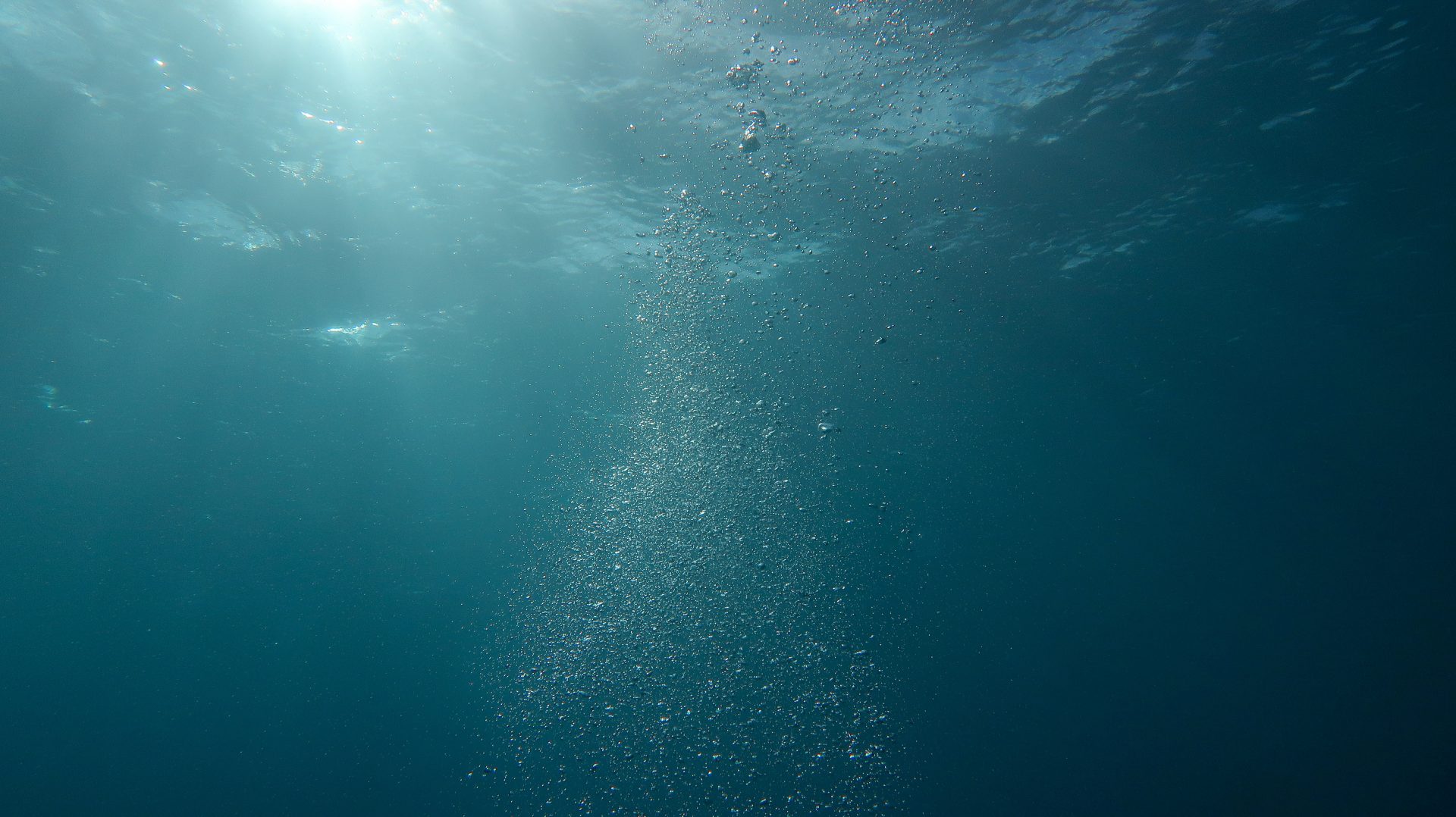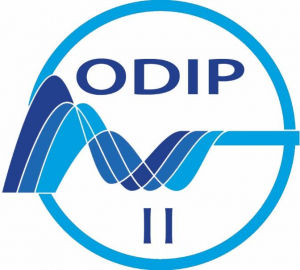Extending the Ocean Data Interoperability Platform
Developing Sensor Web Enablement (SWE) for the marine and ocean domain
The Ocean Data Interoperability Platform strives to facilitate more efficient sharing of data across scientific domains and international boundaries. For this purpose, all the major organizations engaged in ocean data management in Europe, the USA, and Australia joined the ODIP partnership.
The ODIP 2 project comprised the organization of international workshops focusing on promoting standards and developing prototypes to evaluate potential standards and interoperability solutions. ODIP also offered a platform to harmonize the diverse regional systems, while advancing the European contribution to the global system.
The products and services developed by ODIP were actively promoted at an international level through IOC/IODE, the Research Data Alliance (RDA), and GEOSS. Thus, ODIP 2 aimed at interoperability on a global level, reaching beyond the project framework itself. ODIP additionally facilitated the dissemination of best practice recommendations and the transfer of new, emerging technology.
52°North’s main responsibilities in the project were related to Sensor Web technologies. As part of this role, 52°North was entrusted with the coordination of one of the five ODIP 2 prototype development activities: ODIP 2 Prototype 3+: Sensor Web Enablement (SWE) for the marine and ocean domain. This entailed the following activities:
- Coordination of and contribution to the development of marine Sensor Web Enablement profiles to harmonize the application of the corresponding standards in the marine domain (https://odip.github.io/MarineProfilesForSWE/)
- Investigation of how semantic interoperability can be improved for marine Sensor Web applications by relying on common vocabularies (i.e. the NERC Vocabulary Server)
- Supporting the provision of sensor metadata through interoperable standards and dedicated metadata editing tools
- Integration of Internet of Things technologies and protocols (e.g. MQTT data streams)
- Evaluation of alternative, more lightweight technologies, such as JSON
- Development of strategies for efficiently handling and processing large observation data sets (in close cooperation with the Alfred-Wegener-Institut (AWI)
Project Partners
Natural Environment Research Council (NERC), Coordinator https://nerc.ukri.org/
Alfred Wegener Institute Helmholtz Centre for Polar and Marine Research (AWI) http://www.awi-bremerhaven.de
All-Russia Research Institute of Hydrometeorological Information – World Data Centre (RIHMI-WDC) National Oceanographic Data Centre (NODC) http://nodc.meteo.ru
British Geological Survey http://www.bgs.ac.uk
British Oceanographic Data Centre http://www.bodc.ac.uk/
CNR, Institute for atmospheric pollution (IIA) http://www.iia.cnr.it
CSIC-UTM/ Marine Technology Unit http://www.utm.csic.es/
ENEA Centro Ricerche Ambiente Marino http://www.santateresa.enea.it/
Flanders Marine Institute http://www.vliz.be/
German Oceanographic Datacentre (DOD) https://www.bsh.de/DE/DATEN/Ozeanographisches_Datenzentrum/ozeanographisches_datenzentrum_node.html
Hellenic Centre for Marine Research, Hellenic National Oceanographic Data Centre (HCMR/HNODC) http://hnodc.hcmr.gr
IEEE France Section http://hnodc.hcmr.gr
IFREMER/IDM/SISMER – Scientific Information Systems for the SEA
Marine Information Service (MARIS) https://www.maris.nl
OGS (Istituto Nazionale di Oceanografia e di Geofisica Sperimentale) http://www.ogs.trieste.it/
Royal Belgian Institute of Natural Sciences, Operational Directorate Natural Environment, Belgian Marine Data Centre http://www.bmdc.be
SOCIB/ Balearic Islands Coastal Observing and Forecasting System http://www.socib.es
TNO Geological Survey of the Netherlands https://www.tno.nl/en/
University of Liege, GeoHydrodynamics and Environment Research http://modb.oce.ulg.ac.be/
52°North Initiative for Geospatial Open Source Software GmbH https://52north.org/

